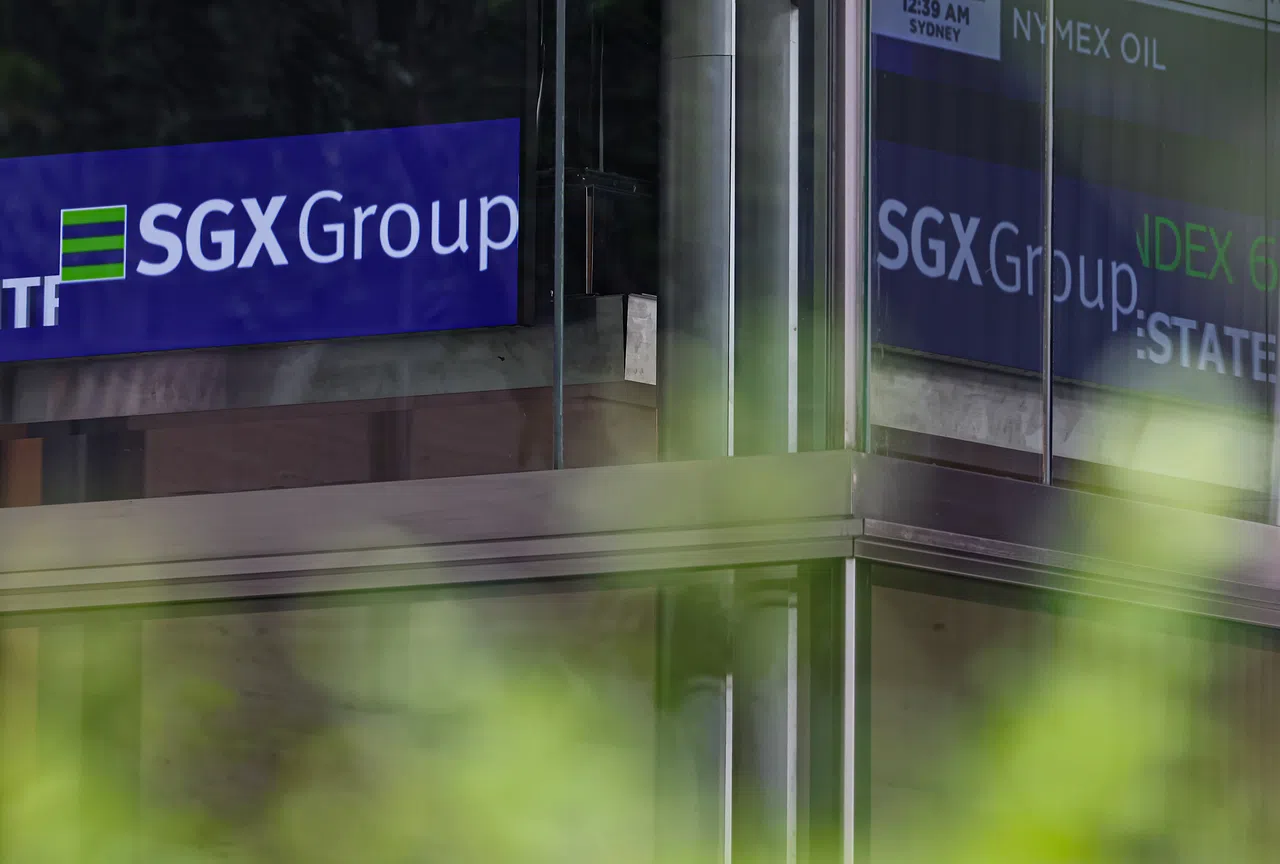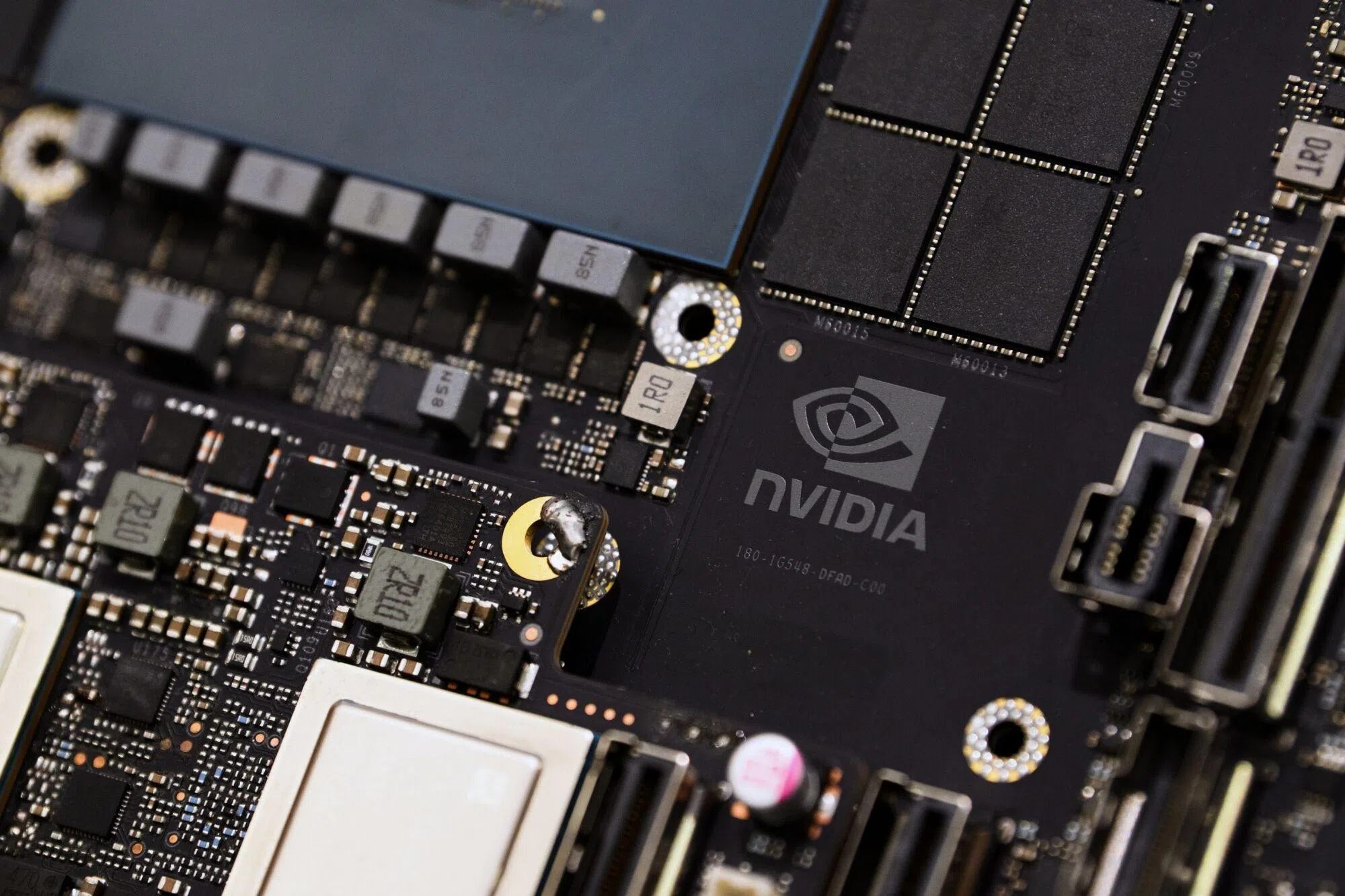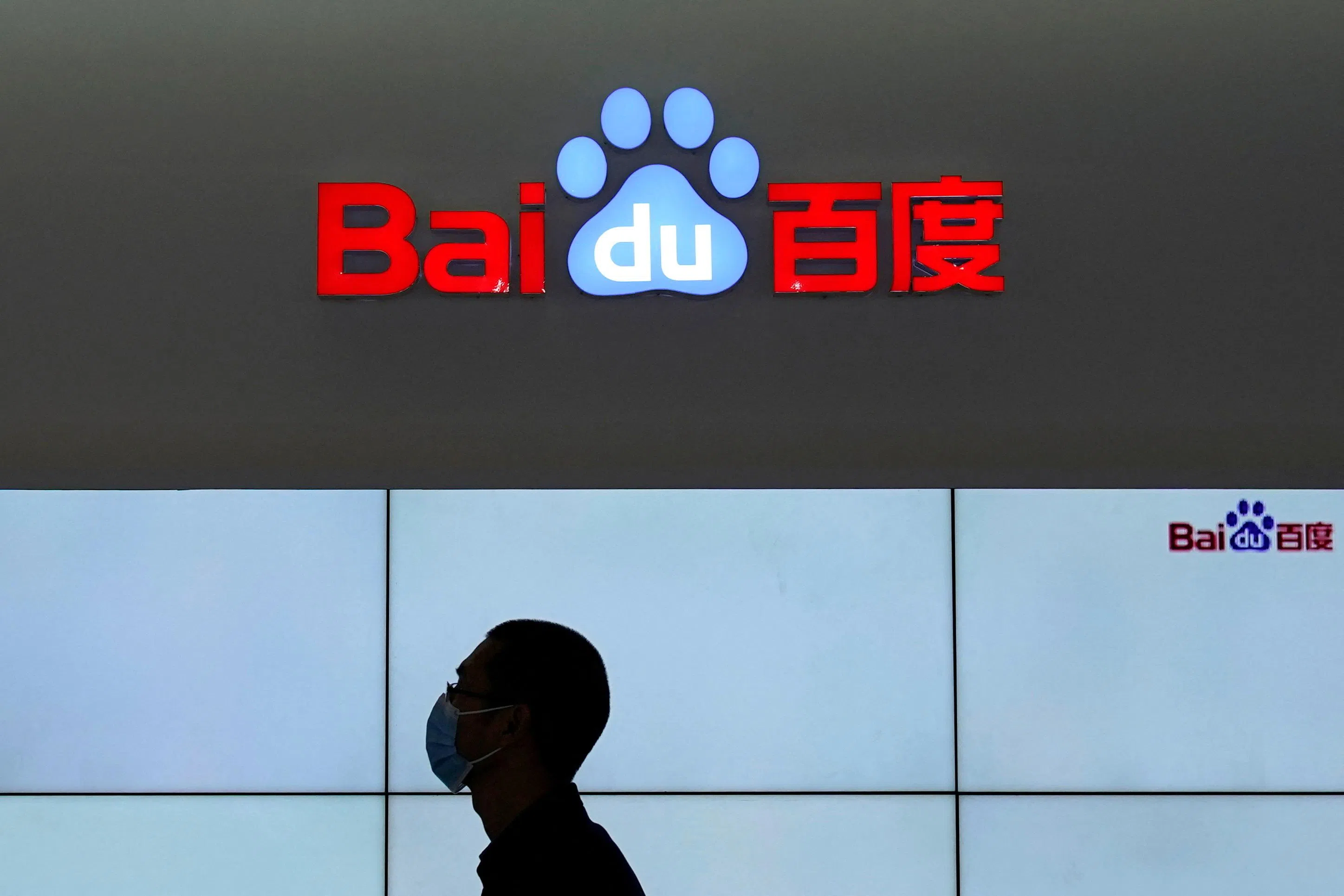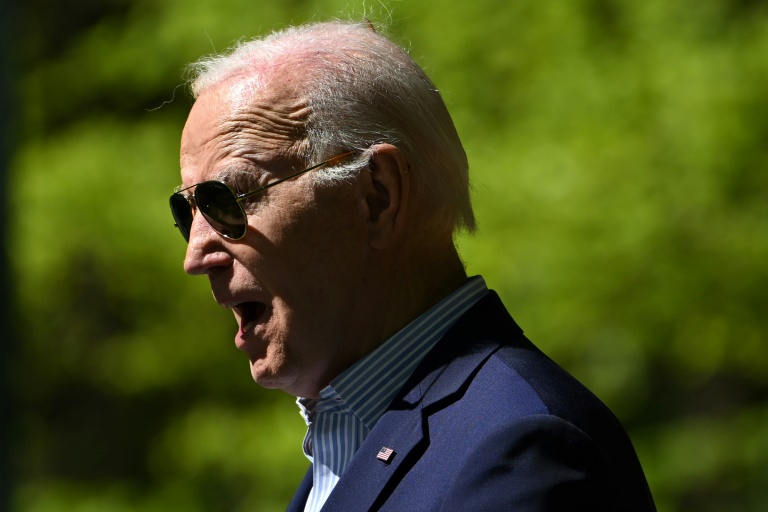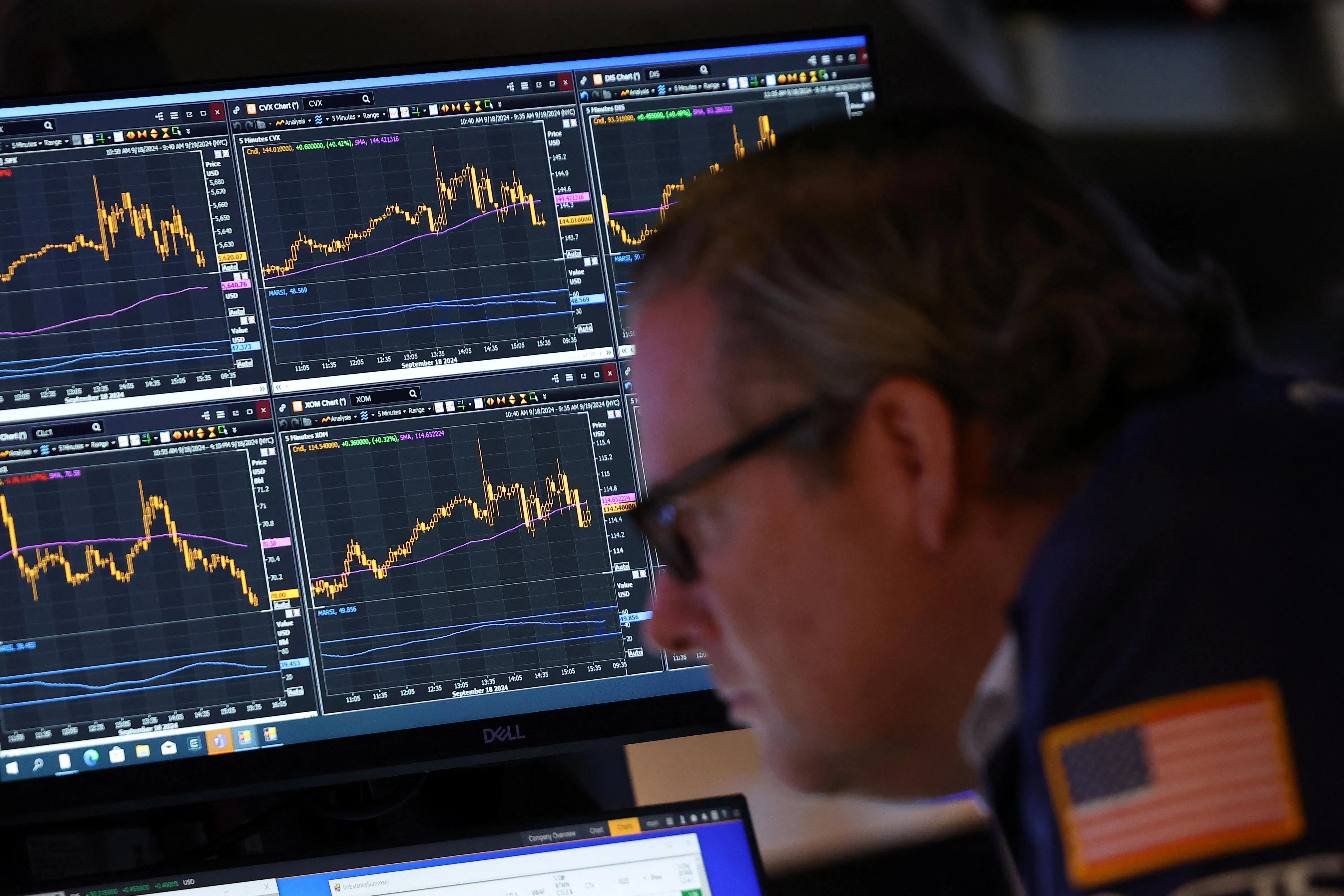SHARE buybacks can be used for employee compensation plans, such as share option schemes or employee share purchase plans, as well as for long-term capital management.
As at Nov 13, nearly 80 primary-listed companies have repurchased their shares on-market this year, amounting to S$1.03 billion in buyback consideration.
These share buybacks by way of market acquisitions were “on-market”, meaning the company bought the shares from any willing seller at the prevailing market value.
In addition, secondary-listed companies and two real estate investment trusts also conducted buybacks over the year, and primary-listed companies also engaged in off-market acquisitions through equal access schemes.
For instance, secondary-listed Jardine Matheson Holdings repurchased shares 47 times between Jan 9 and May 28, and Digital Core Reit repurchased more than 25 million units at a discount to net asset value.
Vertically integrated agri-food operator Japfa acquired 6.86 per cent of its shares at S$0.355 per share on Oct 7, in an equal access offer announced in August. In the announcement, Japfa noted that its shares were trading below the group’s net asset value, while maintaining the equal access offer reflected the company’s confidence in its long-term growth potential.
BT in your inbox
Start and end each day with the latest news stories and analyses delivered straight to your inbox.
The offer also provided shareholders with an opportunity to realise a portion of their investments in the shares at a premium over recent market prices, without incurring transaction costs.
For the primary-listed company on-market buyback transactions, the S$1.03 billion in consideration value in 2024 year to Nov 13 compares to around S$740 million filed by nearly 70 primary-listed companies in 2023.
Most of the buyback consideration this year was filed in the first half of 2024. During this period, the Straits Times Index (STI) generated a 3 per cent price gain, compared with the 12 per cent price gain in the second half to Nov 13.
A total of 11 STI stocks accounted for more than 80 per cent of the S$1.03 billion consideration, with CapitaLand Investment (CLI) leading the buyback consideration tally.
For the non-STI primary-listed companies, Yangzijiang Financial Holding (YZJF) led the consideration tally.
CapitaLand Investment
In 2024 to Nov 13, CLI bought back 126.2 million shares at an average price of S$2.72 per share. This comprised 31,235,000 shares bought back in January as part of the FY23 (ended Dec 31) share purchase mandate, and 94,971,200 shares bought back on the FY24 mandate to October.
For the FY24 mandate, CLI bought back 1.87 per cent of its issued shares (excluding treasury shares) as at the mandate approval date. This followed CLI buying back of 1.03 per cent of its shares on the FY23 mandate.
CLI said its share purchase mandate provides flexibility in managing share capital and improving return on equity (ROE). For the current FY, CLI can buy back as much as 5 per cent of the issued shares, excluding treasury shares and subsidiary holdings. Should CLI wish to increase the limit, it could seek approval at the FY24 annual general meeting or at an extraordinary general meeting.
CLI also pursues a strategic objective to recycle S$3 billion in assets annually to enhance ROE and create capacity for future growth.
This year, the S$3 billion target has already been met, with CLI highlighting in a Q3 FY24 business update that its FY24 gross divestments based on agreed property values till Nov 5 amounted to S$4.6 billion. This included CLI selling its stake in Ion Orchard to CapitaLand Integrated Commercial Trust for S$1.9 billion in September.
CLI’s prudent capital management in Q3 FY24 also saw its net debt to equity ratio inch down to 0.54 from 0.59 in Q2 FY24, as interest costs remained steady at 4.1 per cent with 64 per cent of its debt fixed.
CLI underwent a significant strategic transformation that took effect in September 2021 with a mission to grow its funds under management (FUM) and fee-related earnings by leveraging its leadership in Asia, comprehensive capabilities and development opportunities within the CapitaLand ecosystem.
FUM has grown to S$102 billion as at Nov 5, from S$91 billion at the end of 2021.
This includes announced acquisitions/divestments from listed and private funds not yet completed and committed but undeployed capital for private funds on a leveraged basis and forward purchase contracts.
For instance, on Nov 5, CLI announced that it had secured S$261 million from Mitsui OSK Lines for its South-east Asia and India private funds, boosting the CapitaLand SEA Logistics Fund to S$400 million and the CapitaLand India Growth Fund 2 to more thanr S$500 million in total equity raised.
Of the S$102 billion total FUM, S$63 billion is in listed funds while S$39 billion is in private funds. By asset class, the most invested thematic is new economy assets, which comprise 32 per cent of the FUM.
Geographically, CLI is also on a diversification drive to grow India and its focused markets of Australia, Japan and South Korea.
This is in addition to the South-east Asia and China markets, which respectively make up 43 per cent and 30 per cent of the FUM as at Nov 5.
CLI noted that with the onset of clearer interest rate trends boosting transaction momentum, it is seeking to fully realise the growth potential of its fund management business by expanding its listed funds platform and scaling up the private funds platform, targeting S$200 billion in FUM over the next five years.
The group also maintains a highly active presence in the local investor relation circuits and has scheduled its annual institutional investor day on Nov 22.
Yangzijiang Financial Holding
In 2024 to Nov 13, YZJF bought back 89.6 million shares at an average price of S$0.324 per share.
This mostly comprised 84,568,900 shares bought back from January to April at an average price of S$0.32 per share, as part of the FY23 (ended Dec 31) share purchase mandate.
YZJF bought back as much as 4.37 per cent of its issued shares on its FY23 mandate.
Recently, YZJF conducted its first buyback in the FY24 mandate, repurchasing five million shares at an average price of S$0.398 per share.
The group views its share buyback programme as an effective way to return value to shareholders, and will continue this practice when conditions allow.
Factors considered when engaging in share buybacks include the amount of surplus cash available, the share price level and prevailing market conditions.
The group also noted that its stock is trading at an attractive valuation, offering strong yield, coupled with robust growth prospects.
As an asset manager, YZJF generates recurring fee-based income by managing third-party investment funds and providing wealth management services.
YZJF was spun off from Yangzijiang Shipbuilding (Holdings) in April 2022. This has given YZJF greater flexibility in expanding its investment portfolio, growing its global footprint and accessing various investment opportunities.
The group highlighted in August that it had achieved its geographical diversification target by Jun 30, balancing its assets under management evenly between China and Singapore, compared to a 69-31 split at the end of 2023.
This resulted in a 17.8 per cent fall in its debt investments in China to S$1.32 billion, representing 32 per cent of the group’s total AUM of S$4.07 billion, and nearing the mid-term target of 30 per cent.
The writer is the market strategist at Singapore Exchange (SGX). To read SGX’s market research reports, visit sgx.com/research

